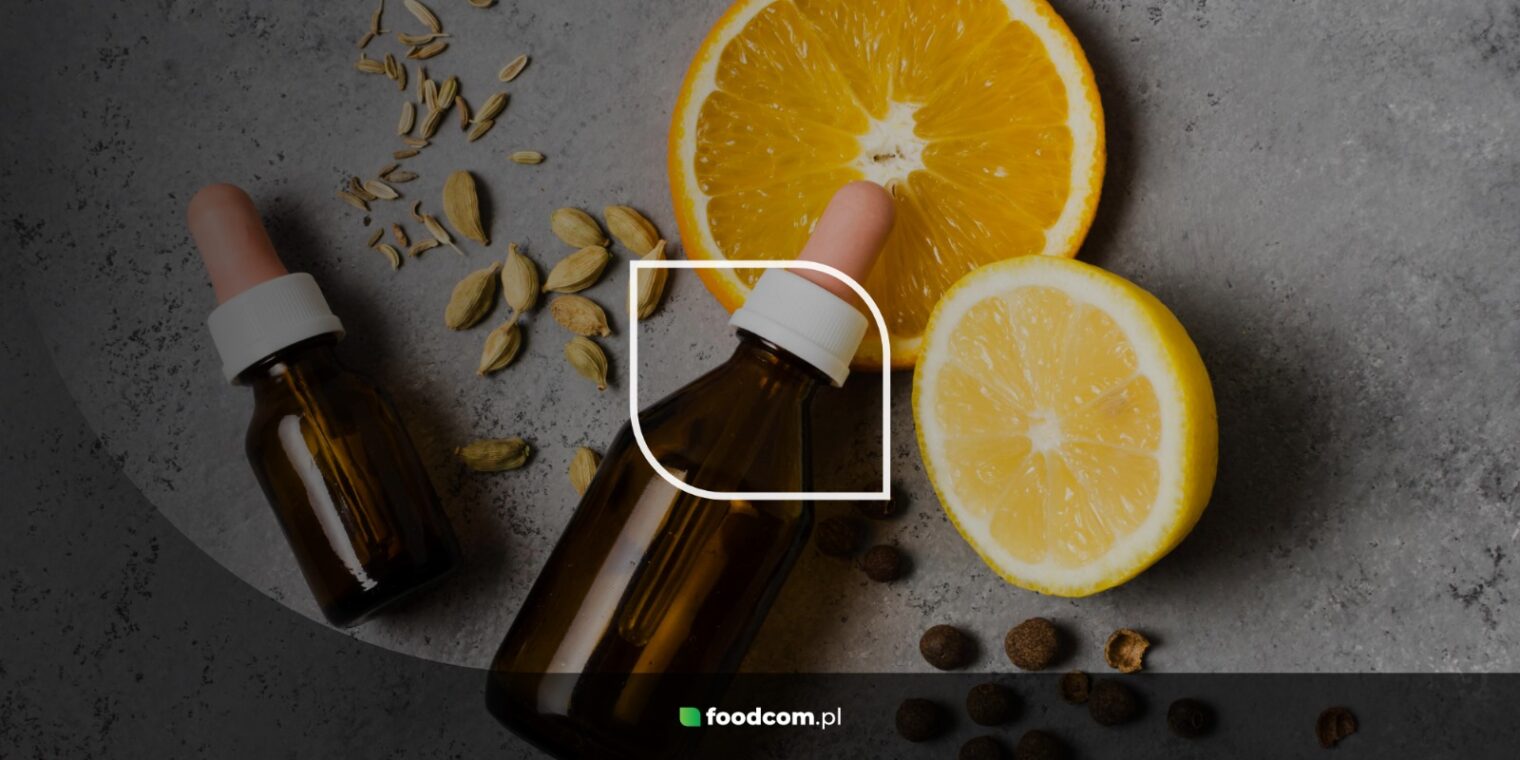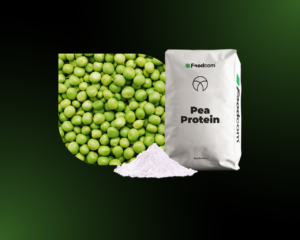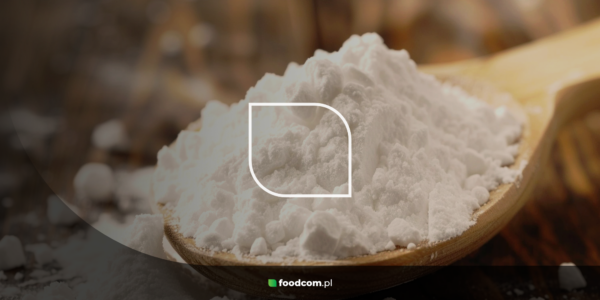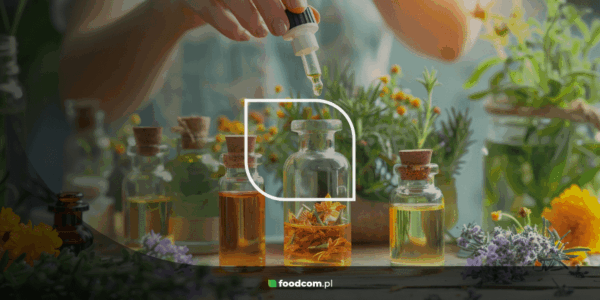Plant extracts are hitting popularity in a variety of industries, from food to cosmetics and pharmaceuticals. They are concentrated forms of active ingredients extracted from plants that provide a range of health and functional benefits. The extracts market is projected to grow to $59.4 billion by 2025. Such rapid growth is the result of growing consumer awareness of the negative effects of synthetic ingredients and the health benefits we have following the use of natural plant extracts.
What are plant extracts?
Extract is a term derived from the Latin word “extractum,” which literally means “something that has been extracted.” These are concentrated forms of active substances extracted from plants. The extraction process involves extracting these substances using solvents, such as water, alcohol or oils, which separate the desired ingredients from the rest of the plant material. This yields a product rich in active compounds. Extracts are available as finished products, for example, as aloe vera extract, which can be used to prepare an immune-boosting juice, as well as a preparation that speeds up wound healing. They are also ingredients in more complex products, such as creams or dietary supplements.
Use of plant extracts in industry
Plant extracts are widely used in a variety of industries. Let’s look at this diversity with a few examples:
Food industry
Plant extracts are increasingly used as natural food additives that improve the taste, aroma and nutritional value of products. One example is acerola extract, extremely valued for its high vitamin C content, which is used to enrich foods and beverages. White mulberry extract, on the other hand, is used in food products as a natural aid to help control blood sugar levels.
Cosmetic industry
In cosmetics, plant extracts are valued for their skin care and healing properties. Nettle extract, which we know very well, is often used in shampoos and conditioners for hair, due to the fact that it strengthens hair and prevents hair loss. Ashwagandha can be found in cosmetics for its anti-aging and anti-inflammatory properties. Milk thistle extract, on the other hand, is a popular ingredient in skin care products due to its detoxifying and regenerative properties.
Dietary supplements and medicines
In pharmacy, these plant substances are the basis for the production of many drugs and dietary supplements. Thus, for example, supplements containing chlorella extract are popular for their detoxifying and immune system-boosting effects. Sabal palm extract is used in supplements to support prostate and urinary health.
The rapid leap in importance of plant extracts in the food industry
We’ve mentioned the food industry a bit, but it’s worth taking a broader look at it in terms of extracts. The world’s markets are increasingly dominated by products, primarily beverages, that owe their unique flavor to plant extracts.
Admittedly, we have known for years about flavored teas with jasmine, rose or hibiscus extract, but these were rather products for connoisseurs. In a few years, the market for flavored teas has developed so much that the range of traditional additives has been joined by the likes of elderberry blossom, orange blossom extract or ylang ylang and many others. Interestingly, these teas no longer carry the label of beverages aimed exclusively at women.
Similarly, the alcoholic beverage category has also seen significant interest in these substances. Increasingly, on store shelves we find rums enriched with cinnamon extract, vanilla, citrus. Some types of tequila are enriched with botanical extracts to add extra depth of flavor. Examples include tequila with jalapeno, cinnamon or vanilla extract.
Interestingly, similar development forecasts and trends also apply to the carbonated water market, whose producers, due to the growing number of health-conscious consumers, encourage proper and frequent hydration by adding fruit, herbal or floral extracts.
What to look for when choosing an extract for your production?
When deciding to incorporate extracts into your production, it is worth paying attention to several important characteristics that can significantly affect the quality and effectiveness of your preparations or products. First of all, the quality of the raw material is important. The best ones come from organically grown plants, free from pesticides and other pollutants associated with aggressive management. The method of extraction is also of considerable importance. Among the most desirable are those obtained by safe and effective methods, such as water or alcohol extraction, which preserve the active components of the plants. It is also important that the product has the appropriate quality certificates that confirm its effectiveness and safety of use. It is therefore worth choosing products from reputable and proven suppliers that use sustainable sourcing methods.
Market trends and the future of plant extracts – clean label
Extracts are currently one of the hottest topics and fit perfectly into the global megatrend of so-called clean label. Clean label is an approach that emphasizes simplicity, transparency and naturalness of ingredients used in food, cosmetic and other products. Clean label products are characterized by minimal ingredients that are easily recognizable and understandable to consumers.
Therefore, trends in the use of plant extracts indicate their growing popularity, which is driven by increased consumer health awareness and the search for natural and organic solutions. In the functional food sector, more and more food products are being enriched with plant extracts to improve their nutritional and health value. In the cosmetics industry, on the other hand, there is a growing trend toward natural cosmetics that are based on plant-based ingredients, which is driving demand for plant extracts and emphasizing their importance as essential components in skin care product formulas. In the dietary supplement segment, on the other hand, the rise in health-consciousness and attention to healthy lifestyles are contributing to greater demand for natural dietary supplements that use plant extracts because of their numerous benefits.
These trends show that plant extracts are playing an increasingly important role in consumers’ daily lives, and their use in various industries will grow rapidly in the coming years.










